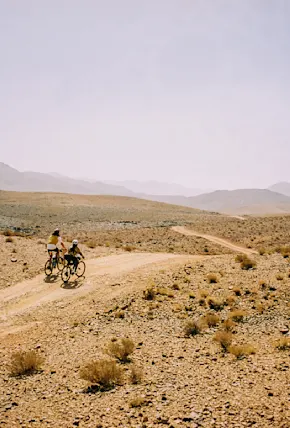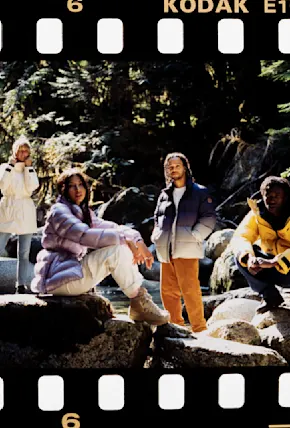Each day Solomon and I earned a stipend of $48, and at the end of the summer, we both agreed that between food, gas, and an occasional luxury, we had spent practically as much money as we had earned. Even the lead rangers like Tim earn an hourly wage, a relatively meager living.
I didn't take the job for its pay though. Nor the ease of the work, or even the incredible beauty I had the privilege to immerse myself in. The true meaning I found was in the opportunity to live simply and freely to a degree that is unattainable anywhere else. To do the job of a wilderness ranger is to be outside of most norms of society, particularly those of occupation. Not in protest or contempt, but simply because that's the nature of the job.
But like all jobs, this one had its rhythms. When the sun rose we woke and began to work, and when it set, we slept. We used a few modest tools and knew each one well. We took our water only from the current of rivers and the pools of lakes. We ate the same few foods, and for the most part, only wore the clothes on our backs. We spent much time in silence, spoke sparingly, and received our only news from the mouths of passing hikers.
We didn't work within the confines of walls or sit hunched behind desks; we just packed up our tiny shelters, placed them upon our backs, and hiked into the mountains to complete our simple and honest tasks. We would've been the envy of kings, if only they knew.























